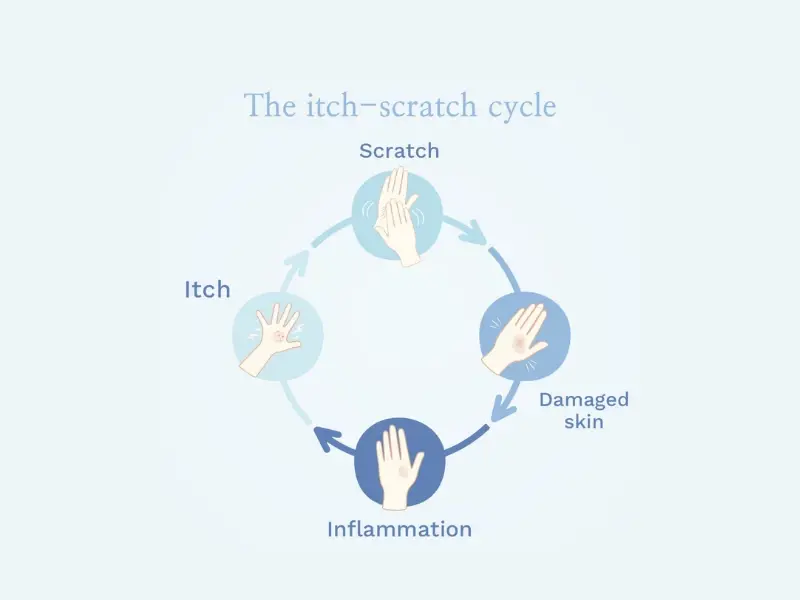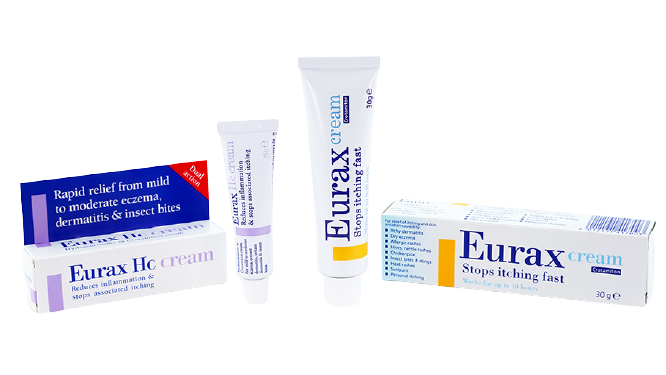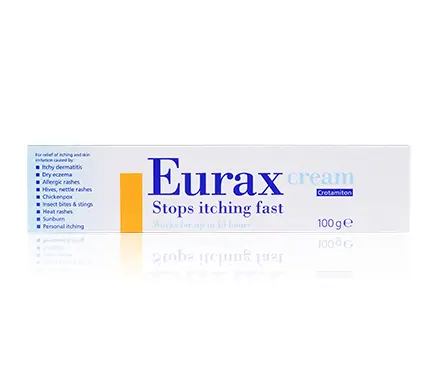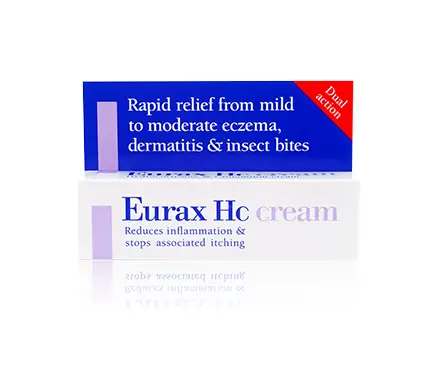Nighttime itching, also known as nocturnal pruritus, is a fairly common occurrence and can be caused by lifestyle factors as well as medical conditions.
Itchy skin during the night can often become an issue when you find yourself stuck in the itch-scratch cycle where the skin is broken and becomes inflamed and itchier, causing you to scratch more.
Carry on reading to find out more about the causes of nighttime itching and top tips for prevention.
What are the causes of nighttime itching?
Most causes of nighttime itching can be categorised as either lifestyle, natural or medical. Sometimes, nighttime itching occurs whilst you are asleep so you may not be aware you're scratching until it is too late.
Other times you may find you can't sleep as you're stuck in the itch-scratch cycle all night long, which can often have a knock-on effect the following day, as it makes you tired and lethargic, affecting your ability to concentrate.
Simple lifestyle changes can be made if you’re unsure of the cause of your itching, such as changing the material of your bedding or washing powder.
Natural causes
- Your body temperature and blood flow naturally increase during the night to keep you warm. This rise in heat against the surface of the skin can cause you to feel itchy.
- As your body adapts to the nighttime it releases certain substances, such as cytokines which increase inflammation, as well as reduces the production of corticosteroids which reduce inflammation.
- Your skin naturally loses more water during the night as you’re not staying hydrated while you sleep. This can cause your skin to become dry and dehydrated, leading to itching.

The Eurax range
A fast and effective range that provides long-lasting relief. Eurax helps bring comfort to the distress of skin itching and irritation.
Medical causes
Health conditions that can cause nocturnal pruritus include the following:
- Atopic dermatitis (eczema)
- Psoriasis
- Hives
- Bugs such as bed bugs, lice or scabies
- Thyroid problems
- Nerve disorders such as diabetes, shingles or multiple sclerosis
- Allergic reactions
- Kidney or liver disease
Eurax Cream can be used to soothe itchy and irritated skin conditions such as eczema, hives and allergy-related itching. Eurax HC Cream alleviates inflammation and itching caused by dermatitis and eczema.

How can I relieve itchy skin at night?
Lifestyle tips for nighttime itching relief
There are a few simple steps you can incorporate into your nighttime routine to prepare your skin before bed that may reduce the itch-scratch cycle during the night.
- Watch out for triggers: Avoid allergens in the evening as reactions can cause the skin to become inflamed and itchy. These allergens may include pet dander, fragranced soaps or lotions, cigarette smoke or dust mites.
- Refine your sleep routine: Get into a good sleep routine by going to bed at the same time each night and relax your mind before sleep to distract yourself from scratching.
- Cut your nails: Keep your nails trimmed short to avoid breaking the skin when scratching as this can cause you to become stuck in the itch-scratch cycle or for your skin to become infected.

- Bathe before bed: Bathe in cool or lukewarm water before bedtime to keep your skin hydrated and prevent skin infection.
- Keep your skin hydrated: Once you’re dried off after bathing, moisturise your body straight away to keep the skin moist and hydrated. Going to bed with dehydrated or dry skin can cause irritation.
- Apply Eurax Cream: Use an anti-itch cream, such as Eurax, to soothe itchy skin for up to 8 hours through the night. Eurax Cream absorbs into the skin quickly and is non-greasy so you don’t need to worry about ruining your sheets! If symptoms persist please consult your doctor.
- Pick the right detergent: Wash your bedding and pyjamas in non-bio washing detergent as this contains less harsh chemicals and is generally more suitable for sensitive skin.
Medicines to relieve nighttime itching
- Medication can often be the best course of treatment if the cause of your nighttime itching is medical, such as antihistamines for allergy-related itching.
- If sleep is being majorly disrupted, your doctor may prescribe sleeping tablets.
- Eurax Cream can be used to soothe nighttime itching for up to 8 hours. Eurax HC Cream may be used if the itchy skin becomes inflamed.










